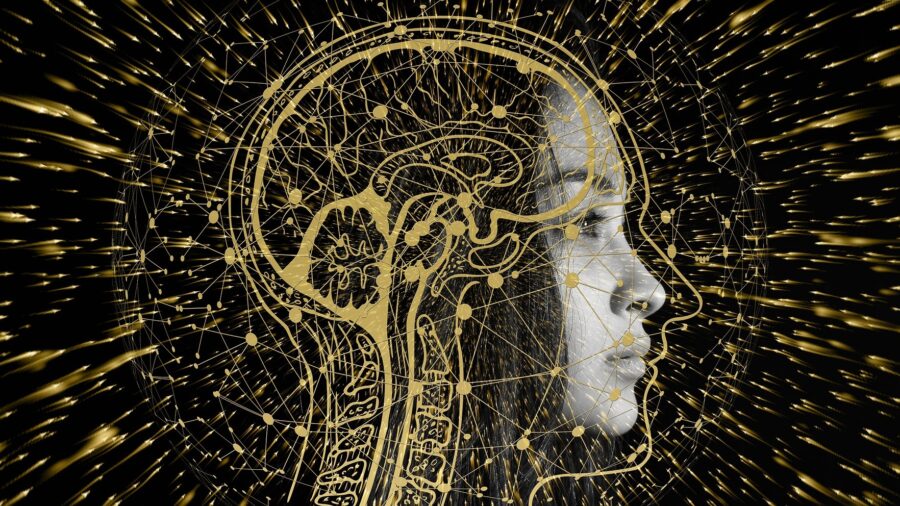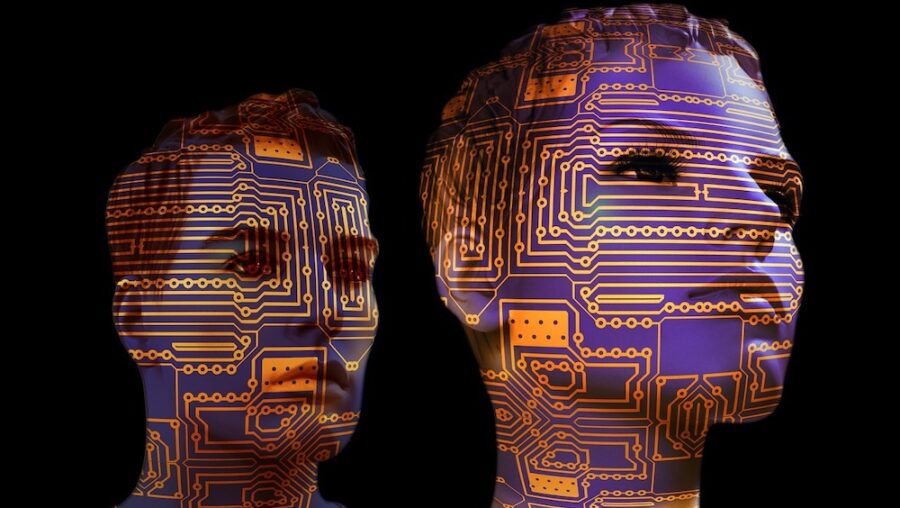50 Global Experts Sign Off On AI Warning

If you weren’t at least a little terrified of AI, perhaps reconsider reading the rest of this article. Why? Because 50 global experts convened to issue a bleak AI warning, cautioning against the ceaseless pursuit of AI development for the sole sake of innovation.
Human-Centered AI

Hailing from more than twelve countries—Canada, France, Italy, Japan, New Zealand, and the UK—these thought leaders represent the best in computer science, law, and sociology.
Their stark warning is embodied in a new book, Human-Centered AI. It explores the urgent need for technology to safeguard our way of life against the coming tide of automation and AI (while also advancing human interests, ideally).
Enrich And Strengthen Humans

Their argument ultimately advocates for human-centered AI, which means AI prioritizing the well-being and flourishing of human life over the unchecked expansion of technological capabilities.
One of the prominent names behind the AI warning, Shannon Vallor, a leading expert on human-centered AI from the University of Edinburgh, framed the term as tech intended to “support, empower, enrich, and strengthen humans.”
Glaringly, human-centered AI contrasts with systems designed to eclipse or devalue human contribution.
Urgent Message

If their message appears urgent, it is. The AI experts shine a critical light on current self-learning technologies and their deployment across various sectors, including healthcare, criminal justice, and more.
The 50 concerned thought leaders propound that the tech world’s myopic focus on technological prowess over everything has garnered systems that unnecessarily and detrimentally demand and require humans to adapt.
This coercive pressure from above to conform to AI comes, of course, at a significant cost—to privacy, autonomy, and social equality.
Still Have Solutions

However, the spirited AI warning does not lack solutions. Indeed, the book’s authors volunteer practical measures to foster human-centered AI, including regulatory sandboxes and interdisciplinary collaboration.
Ideally, these constructive approaches would bridge the chasm between technological advancement and ethical governance, ensuring AI functions as a tool for human enrichment instead of a force for disruption.
No Privacy?

Additionally, privacy is a lesser-known but comparably severe concern raised by the advent of AI.
One of the AI experts issuing the warning, Matt Malone, from Thompson Rivers University in Canada, underscored the challenges AI poses to privacy. According to Malone, few individuals fully comprehend the extent of data collection AI engages in, nor its implications.
While not precisely the sci-fi situation out of Terminator AI might encourage us to fear, the privacy violations, lack of transparency, and consent the technology entails should still give us pause.
Behavioral Impacts

Another area of dire concern is the behavioral impacts stemming from widespread AI. Ongoing research into how AI shapes human behavior through social media unveils some worrisome trends—namely, the reinforcement of extremist positions.
Experts behind the AI warning caution these behavioral impacts could be disastrous, unless we receive greater transparency and accountability from companies behind the algorithms.
Legacy And Obstacles

Crucially, the book additionally covers the legal and policy obstacles related to AI. For example, Université de Montréal’s Pierre Larouche issued a call for reevaluating current laws in the revolutionary context of AI.
Larouche interestingly dismisses the notion of novel, AI-specific regulations; instead, the expert advocates a more nuanced approach, applying and extending current legal frameworks to handle the unique challenges imposed by AI.
Hopefully, however frightening, the book-length AI warning serves to steer us toward a brighter future.
Source: Human-Centered AI












